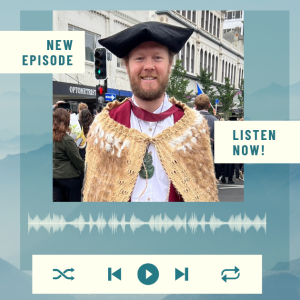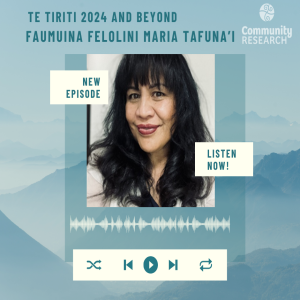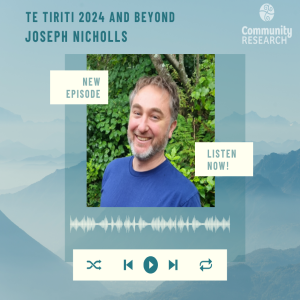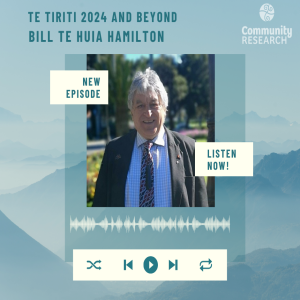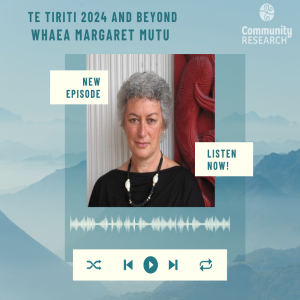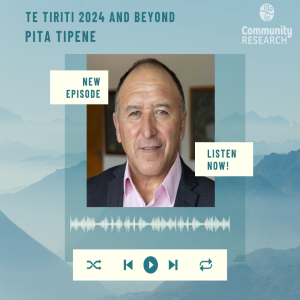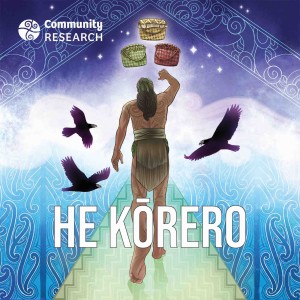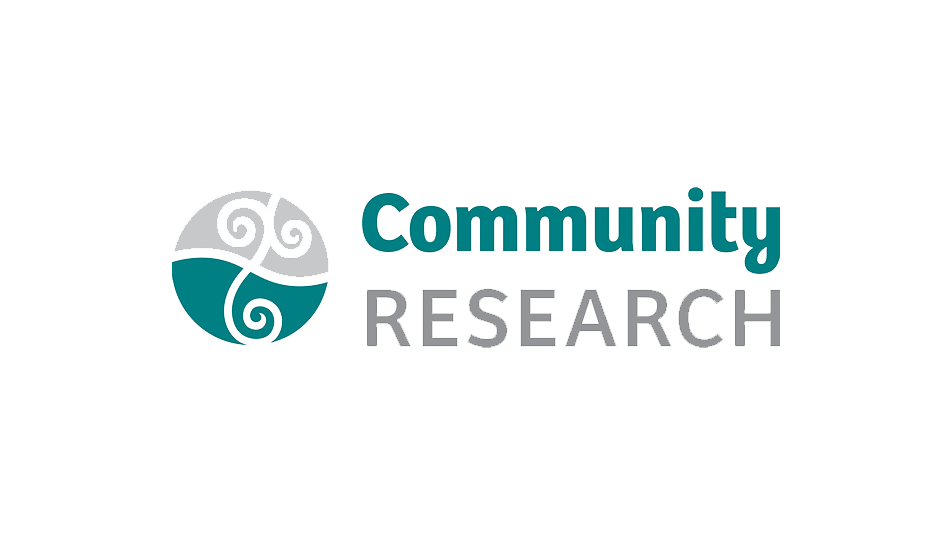Wednesday Aug 10, 2022
Welcome to our second series - Hoki Whakamuri, Haere Whakamua | thinking back, going forward - our webinars in audio.
This webinar, Hear from us, not about us: The power of refugee-background research, was hosted in September 2021. It was a celebration of the launch of our new collection of research focused on refugee-background and migrant experiences in Aotearoa.
About the Presenters
Batool Arif
Batool Arif, originally from Pakistan, is a mother of two lovely girls and a wife to a very supportive husband. She has lived in Wellington, New Zealand for the last eight years, and works at ChangeMakers Resettlement Forum as a Community Advocate. She faced many challenges during her resettlement in New Zealand. Therefore, she is passionate about bringing system-level change to make Aotearoa a fair and just society for everyone regardless of race, gender, or religion. In addition, she is an advocate for women's rights both in the community and outside her community.
Dr Irene Ayallo
Dr Irene Ayallo is a social practitioner (Registered Social Worker) and educator. She currently teaches social work and community development at Unitec (Social Practice). Her teaching and practice in this field is significantly informed by interdisciplinary (multidisciplinary) background and knowledge, having undertaken research and practiced in a range of areas. These have included: extensive work in HIV and AIDS prevention and care, primary sexual violence prevention, gender-based violence (specifically Intimate Partner Violence), pastoral care and counselling to tertiary students, research methods and data analysis on a range of topics, and work with marginalized groups (including migrant and refugee background communities).
Dr Zhiyan Basharati
Dr Zhiyan Basharati is an activist, advocate, champion and academic. She was born and raised in a Kurdish refugee camp. Since she arrived in New Zealand has established and managed many advocacy and support groups for migrants and refugees in her home town of Christchurch. She was a founder and advisor of the New Zealand National Refugee Youth Council (NZNRYC); recently Zhiyan and her colleagues have established the Refugee Research Centre (RRC), “Research by Refugees for Refugees".
She is currently working with Christchurch Victims Organising Committee (CVOC), the Depression Support Network and Te Puna Oranga and is an individual consultant researcher working in collaboration with University of Canterbury on refugee entrepreneurship research.
Dr Sara Kindon
Sara Kindon has been supporting and carrying out participatory research with people from refugee backgrounds since 2005. This research has mostly involved refugee-background youth and women collaborating with her postgraduate students. Some project findings have led to policy changes in TEOs to recognise refugee-background learners in equity policy and practice, more inclusive practices by Wellington sport and recreation providers, improved high school homework club activities, and the launch of the National Tertiary Network to Support Refugee Background Learners in 2019 in partnership with the Tertiary Education Commission and Vic.Without.Barriers. In 2019, Sara also became the first female professor of Human Geography and Development Studies at Victoria University of Wellington. She has published widely on participatory, creative and visual methodologies, complicity in non-Indigenous-Indigenous research partnerships, refugee resettlement and belonging in Aotearoa, as well as gender and international development.
Resources
Community Research special collection of research – Refugee-background and ethnic migrant communities
National Tertiary Network to Support Refugee Background Learners – private Facebook group (involves uni, polytechnics, Wānanga and private training enterprises)
NZ Human Rights Commission: National Action Plan Against Racism Survey – Have your say before 23rd November 2021 – What is your vision for an Aotearoa New Zealand that is free of racism?
Knowledge, voice and power – Forced Migration Review are calling for submissions on the following: In the field of forced migration, whose knowledge is valued and whose voices are heard? What needs to change in order to address significant power imbalances in representation in policy, practice and academia? Deadline 15th February 2022. More details here.




